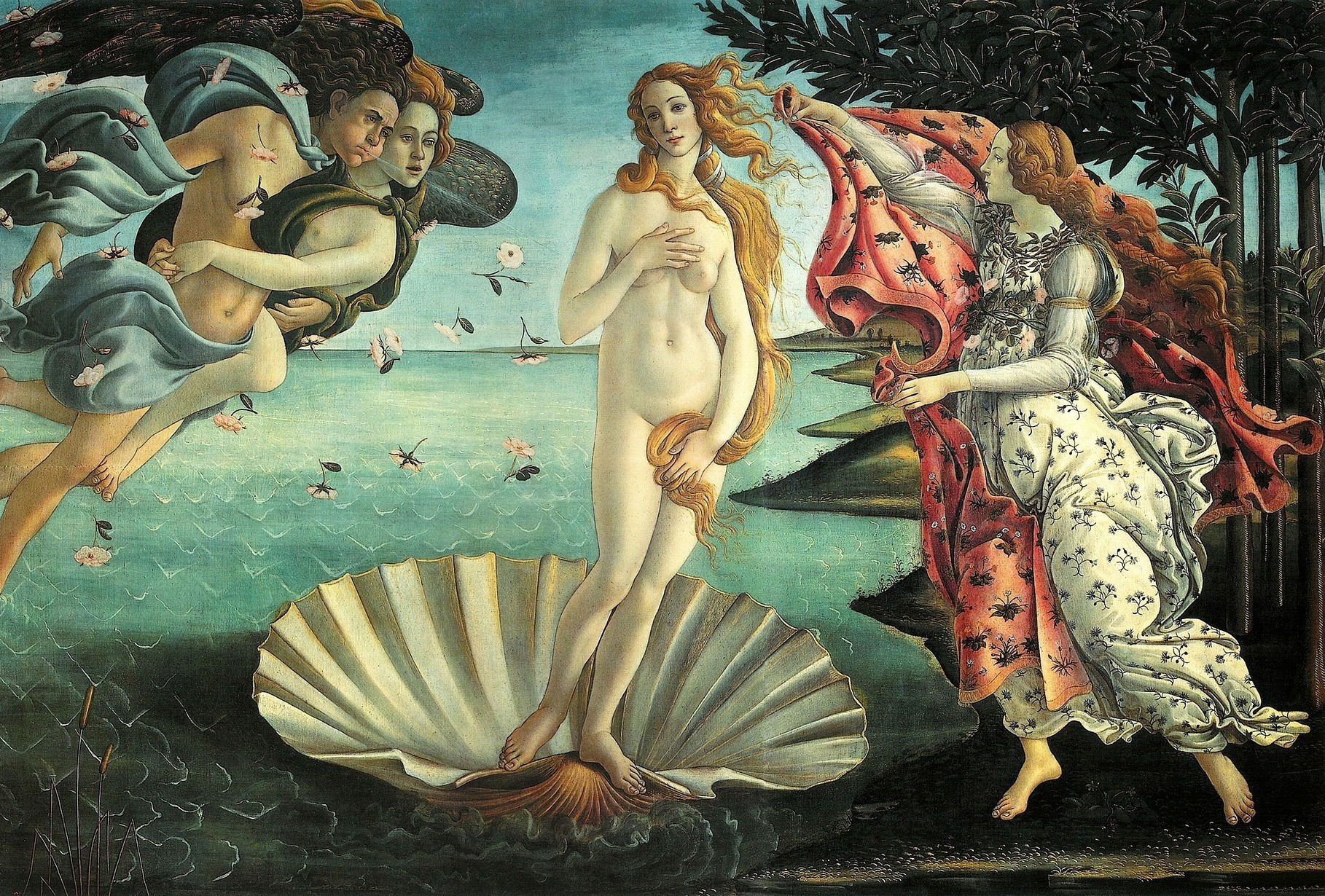Modulo 9 APHRODITE

When Aphrodite arrived on Olympus, many of the gods were struck by her beauty and wanted to marry her. Unlike any of the other goddesses, she did the choosing, and chose to marry Hephaestus, the lame God of the Forge. Her myths tell of her many lovers, both gods and mortals, all chosen by her, who became fathers of her children.
Aphrodite’s awesome power was irresistible; she could cause divinities and mortals to fall in love. In myths in which she affects others as in the story of Medea and Jason, or in the real life of women who fall in love with abusive men, her effect can be a curse.
The image and meaning of Aphrodite herself suffered when the ancient divinities of Greece and Rome became superseded by monotheism. This goddess who was once revered became denigrated as the goddess of prostitutes.
However, when Aphrodite is active in women — who can choose to express this aspect of themselves wisely — then love and beauty enhances their relationships. Sensuality and sexuality is hers to feel and express with whom and whenever she likes; yet, only when she has autonomy and culture is not repressed by patriarchy.
In this module, you’ll learn:
- How Aphrodite can enhance all relationships and creativity
- How patriarchy controls, degrades and fears Aphrodite
- How Aphrodite’s energies can catch women unawares
- Aphrodite is the archetype yet to be liberated
- Why Aphrodite is The Alchemical Goddess
- The relationship between Aphrodite consciousness, creativity and Jungian analysis
- Aphrodite’s Pygmalion effect vs Athena’s Medusa effect